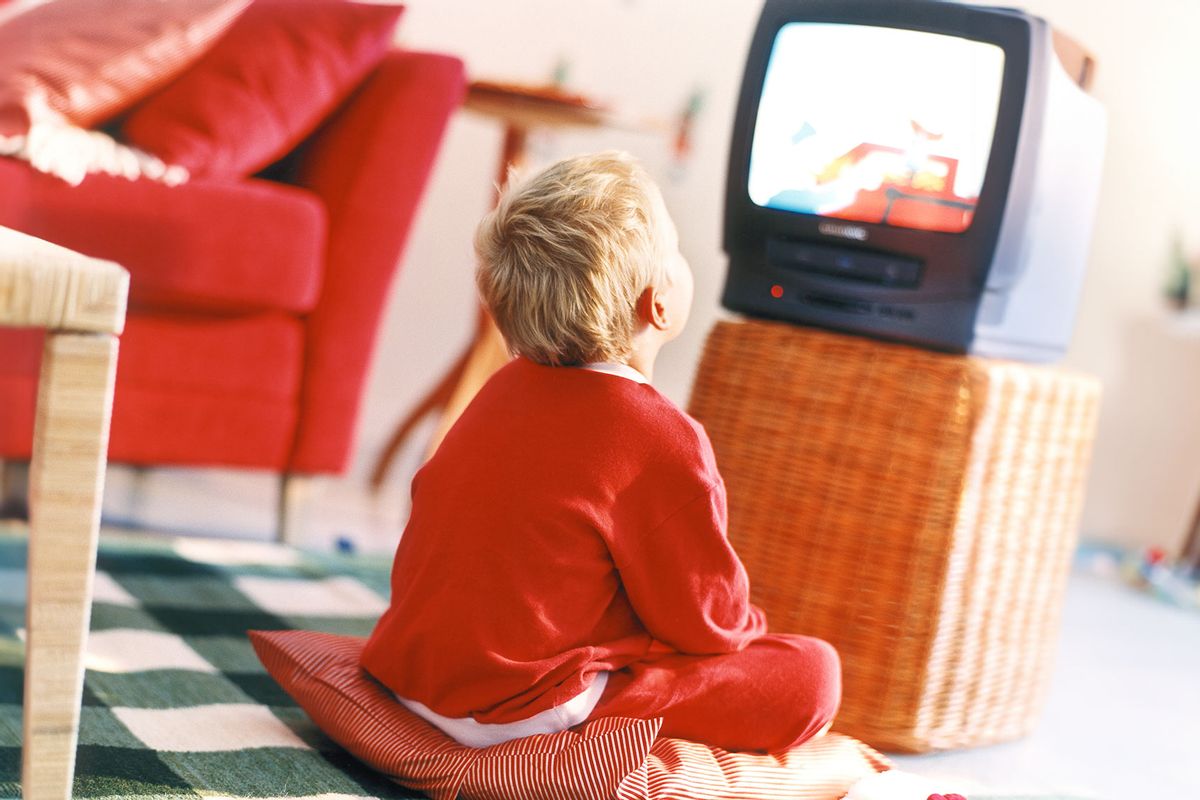TV screen time associated with sensory differences in toddlerhood, study finds

Parenting in the era of screens is no easy task. Screens are all around us, and there’s certainly no shortage of programming options for young kids. The American Academy of Pediatrics (AAP) offers some guidance on screen time for parents, but scientists are still figuring out the potential health consequences (or benefits) of screen time.
This week, a study published in the journal JAMA Pediatrics found that children who watch television before the age of two may be more likely to exhibit “atypical sensory behaviors,” such as being disengaged in activities, seeking more intense stimulation or being overwhelmed by loud sounds or bright lights. The researchers looked at data on TV and DVD watching by babies and toddlers between 12 and 24 months provided by the National Children’s Study of 1,471 kids. They also looked at sensory processing outcomes that were assessed at 33 months, using data from the Infant/Toddler Sensory Profile (ITSP) questionnaire.
The researchers found that any screen time exposure by 12 months of age, compared to no screen time, was associated with a 105% greater likelihood of those kids exhibiting “high” sensory behaviors instead of “typical” sensory behaviors at 33 months. At 18 months, an additional hour of daily screen time was associated with a 23% increased chance of the child exhibiting high sensory behaviors. The more children were exposed to TV by their second birthday, the more likely they were to be less sensitive to respond to stimuli, like their name being called, by 33 months.
This study adds to a list of growing concerns about screen time and developmental outcomes, according to the researchers.
“This association could have important implications for attention deficit hyperactivity disorder and autism, as atypical sensory processing is much more prevalent in these populations,” lead author Karen Heffler, MD, associate professor of psychiatry at Drexel’s College of Medicine, said in a statement. “Future work may determine whether early life screen time could fuel the sensory brain hyperconnectivity seen in autism spectrum disorders, such as heightened brain responses to sensory stimulation.”
If toddlers exhibit these symptoms, Heffler recommends a reduction in screen time and possibly occupational therapy.

